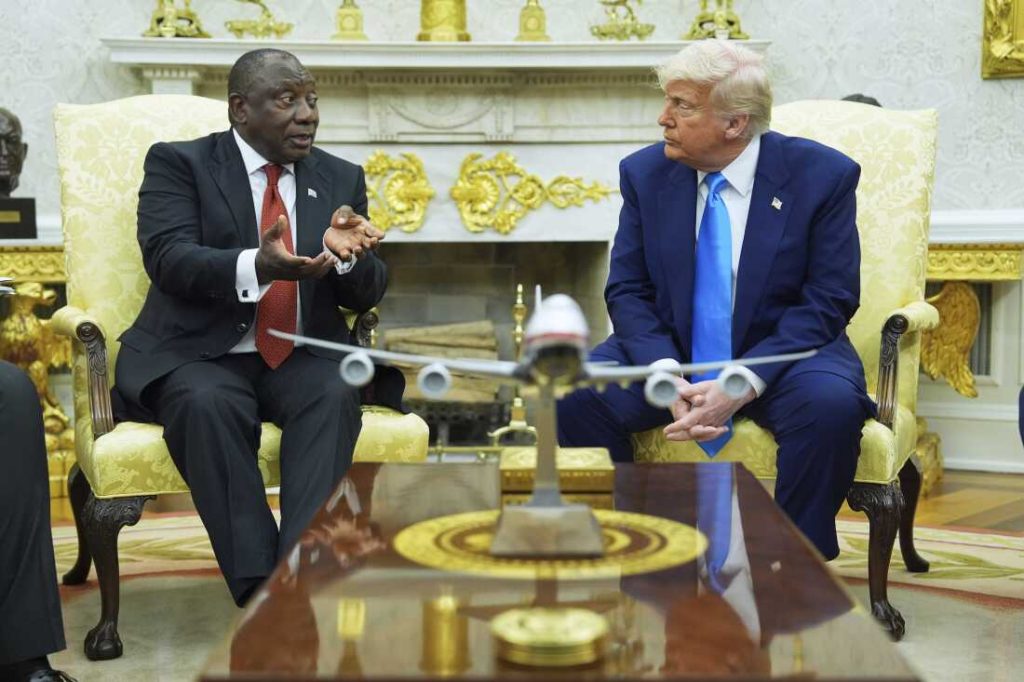South Africa’s government is actively seeking new export markets as part of a diversified economic strategy. This comes on the heels of the Trump administration imposing significant tariffs, including a staggering 30 percent, that have strained trade relations and prompted local officials to rethink their approach.
During a media briefing in Pretoria on Monday, Trade and Industry Minister Parks Tau, alongside Agriculture Minister John Steenhuisen, emphasised the need for a united cabinet effort to explore alternative trading opportunities. “With regards to diversification, we’ve also agreed in Cabinet that we need to invoke the entire Cabinet in these processes of diversification,” Tau stated, highlighting the necessity for a collaborative effort rather than relying solely on specific departments.
The minister acknowledged the challenges of reaching all markets simultaneously, advocating for a collective approach that draws on the strengths and resources of various sectors within the government. “It’s extremely, extremely difficult to reach all these markets,” he added, signalling a strategic shift towards more inclusive policymaking.
Among the promising opportunities on the table are negotiations with significant economies, including Japan and China, as well as a robust increase in trade with fellow BRICS-Plus nations. Tau revealed ongoing efforts to finalise a clean trade and investment partnership with the European Union, aiming to establish it at the upcoming BRICS summit in November. The discussions have evolved to address specific trade barriers, such as the citrus black spot, showcasing South Africa’s commitment to resolve issues through bilateral engagements.
The government also expressed aspirations to rejuvenate historical trade relationships, particularly with allies in South America and Asia that have been underutilised. Countries like Brazil, Indonesia, Vietnam, and Thailand have all been identified as target markets for future trade collaborations. “We intend to sign a set of MOUs based on historic trade relations with Japan,” Tau pointed out, underscoring the government’s proactive efforts to expand its global economic footprint.
Despite these advancements, efforts to repair ties with the US face significant hurdles. The ongoing preoccupation of the Trump administration along with pressure from local right-wing groups, including the Democratic Alliance under Steenhuisen, has cast a shadow over future negotiations. These groups have pressured the South African government to abandon its transformative agenda, a demand firmly rejected by the ruling African National Congress (ANC).
As South Africa embarks on this critical quest for new export markets amid an increasingly complex international trade landscape, the government’s collaborative strategy may prove instrumental in securing economic resilience and growth for the nation.



